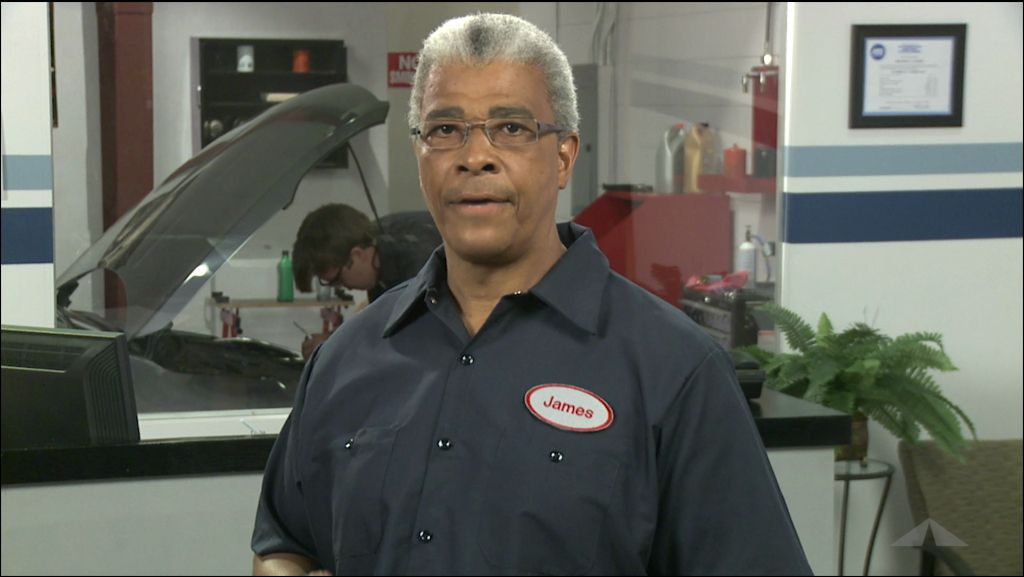In many places, license plates have to be renewed every year or else you can’t drive your vehicle legally. Usually, you’ll get a reminder from the agency that issues the plates.
That kind of regular attention needs to be paid to your vehicle as well. Its manufacturer has determined a schedule of service items that need to be done regularly, just like renewing your plates.
Some depend on time, others depend on distance. A perfect example is oil changes. It’s the most important scheduled maintenance you can have done to give your engine its longest life possible. The manufacturer recommends the oil filter be changed at the same time.
Here are some more items. Your engine air filter gets dirty and needs adequate air to run most efficiently. The manufacturer recommends an interval for replacing that. Also tires, brake pads, timing belt, oxygen sensor and other items require regular replacement.
This is one of the reasons to find a service facility that you like and keep going there. Many will keep records of what’s been done to your vehicle and send you reminders of when it’s time to schedule service items. Some do it by mail, others by email. Still others might text you or give you a phone call. Remember, they base those reminders on the vehicle manufacturer’s recommendations.
We all have a lot going on in our lives, so these reminders can help you avoid missing important service items that are important to your vehicle’s durability and safety. So if you move or change phone numbers or email addresses, make sure your vehicle service facility gets the word. Otherwise you won’t get the reminders and your service advisor will wonder what’s happened to you!
At the same time, you might want to let your vehicle manufacturer know when you’ve changed your address, phone number or email address. If there is a safety recall or your manufacturer is offering an extended warranty on some of your vehicle’s systems, they’ll need to reach you.
Tylers Auto TV
12485 SW MAIN ST
TIGARD, OR 97223
(503) 639-5588
http://www.tylersautomotive.com







